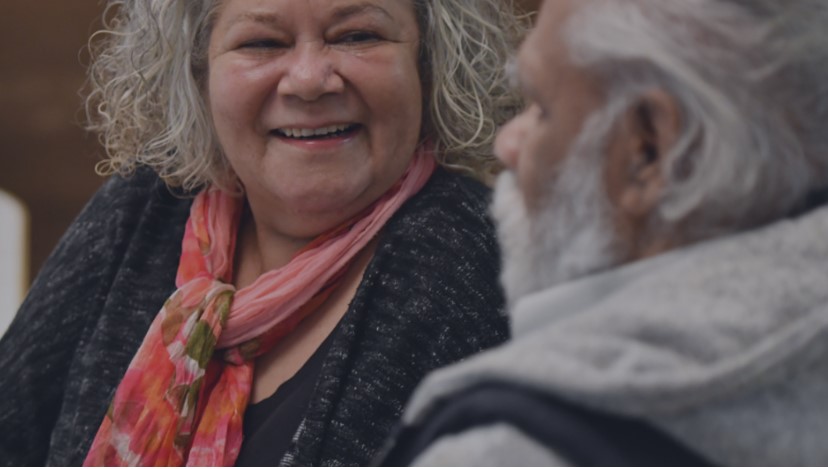[Resource] Key Components of Delivering Effective Social Prescription Activities for Older People as a Volunteer

Click HERE to learn more
Key lessons from this case study
- Anyone can make a difference. Marjorie’s volunteering has helped many people connect with others.
- Social Prescribers in GP settings being aware of and keeping up to date with resources, activities and groups in the community ensures effective social prescriptions.
- The power of peer support. The wellbeing felt by people is from their peers talking, sharing their passions, essentially connecting with them socially.
- The power of volunteering. Some table participants go onto lead another table or their own table. Volunteering is known to provide a purpose, self-worth and wellbeing.
What are the key components of delivering effective social prescription activities for older people as a volunteer?
The key components are:
- social action,
- linking up with professionals to ensure they have up to date information,
- conquering loneliness by bringing people together one table at a time
- a sense of purpose and giving back
I saw growing social isolation and loneliness amongst local housebound older people and newly bereaved people. So, I took action. I set up a voluntary befriending group, Friends for You in 2016 and an After Loss Club in 2018. During the COVID pandemic I saw that social isolation and loneliness were even more prevalent and decided to focus on the general older population rather than targeted life situations. So, in July 2021, Talkin’ Tables was launched as an option that is easy to arrange, deliver and sustain. Access is open to everyone who feels in need of some company. My aim is Conquering Loneliness by Bringing People Together One Table at a Time.
To increase the awareness of the tables, I attended a local Social Prescribing event in Chorley with a stall about Talkin’ Tables which resulted in eleven Social Prescribing Link Workers becoming aware of and referring their clients to the tables. Now I link in with Chelsea Fisher, lead Social Prescribing Link Worker in Chorley. Now local link workers have access to up-to-date information such as where new tables have started which may be closer for their clients. Regular contact also means that Link Workers know they are welcome to bring a client to a group if their confidence is low. Physically seeing a group in action being led by a volunteer also reinforces the idea that table participants could end up volunteering to lead a table of their own.
From 5 tables established in Chorley in 2021, there are now 23 tables in the town using cafes, pubs, supermarkets, churches and social clubs, offering companionship 7 days a week during mornings, afternoons and some evenings. Further afield, there are now more than 80 tables in UK and 2 in Cyprus with negotiations having commenced with a group of people keen to start a scheme in Australia. I evaluate Talkin’ Tables by asking participants five questions about life before and life now. People’s experiences show 100% positive wellbeing because of taking part in Talkin’ Tables. People make connections, feel supported and for some life has changed in other ways too. Talkin’ Tables has resulted in two people getting married and two others becoming engaged.
All tables run for 1 hour and were all led by me until I identified a participant who could be appointed as the table leader. The volunteer taking over was provided with training in running the group, on safeguarding and of course they had seen how it worked as a member of that table. Volunteer table leaders are not DBS checked as the table runs in a group format in a public space. The table leaders meet every 3-4 months to enable a sense of being part of a team rather than volunteering in isolation. They discuss any concerns or problems they might have encountered or any trips or social events that have happened or are planned. There is a WhatsApp group of co-ordinators to keep all volunteers up to date and in touch with each other.
For more information about these approaches contact the National Lead for Older People via nurjahan.aliarobi@nasp.info
-
By
National Academy for Social Prescribing
-
Published
Jul 30, 2024
-
Subject Area
- Caregiving & Caregiver Support
-
Audience
- Caregivers, Seniors & Volunteers
-
Category
- Best Practices
Newsletter
Sign up for the Healthy Aging CORE Alberta e-news to keep up-to-date with activity from the platform and the Community-Based Seniors Services (CBSS) sector across the province.
